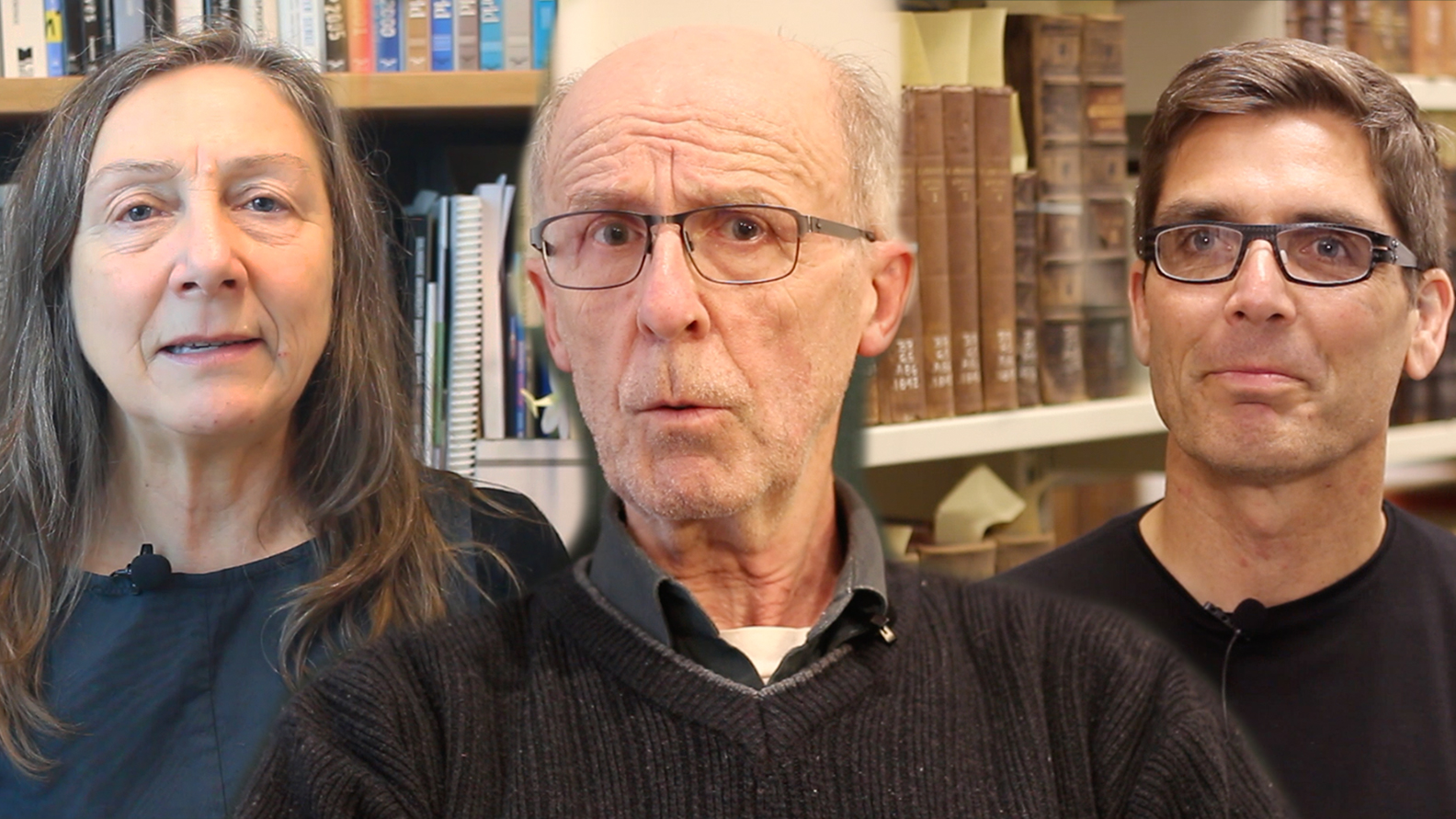Why these Dalhousie profs signed a climate emergency letter
Halifax scientists among 11,000 signatories on World Scientists’ Warning of a Climate Emergency

caption
Karen Beazley (left), Martin Willison (centre) and Daniel Rainham explain why they signed the Scientists' Warning.Tucked away in his eco-friendly home with solar panels and a large garden sits biologist Martin Willison. He’s worked in biology most of his life, and speaks clearly and confidently about the impending doom humanity faces.
“Something has to be done about the climate crisis,” Willison says. “We have to put it as the first priority in all policy.”
Earlier this month Willison joined over 11,000 scientists and academics in signing a letter warning governments and policy makers to address the climate crisis. Ten of them are affiliated with Dalhousie University.
Related stories
Willison retired from Dalhousie in 2009, but he’s still active as a researcher. He recently worked with conservation scientists in China. In 2006, he co-wrote the constitution for the Green Party of Nova Scotia.
He’s hoping this letter will finally make governments take action.
As a conservation biologist, Willison says his biggest priority is “being able to maintain all of the biological diversity that exists on earth. Without it, the Earth’s life system itself is at risk.”
Without biodiversity, he says, Earth could become unlivable for humans.
Willison thinks the general public is becoming more and more aware of how serious the climate crisis is.
Atmospheric carbon dioxide was estimated in 2018 to have a concentration of 407 parts per million, which is the highest it has ever been in the years of data available since 1979, the letter says. It reports an “ominous 2019 spike in CO2.”
“We can’t think, as politicians do, to the next five years,” Willison says. “We’ve got to think about the next thousand years, in order to understand the likely impact of what we’re doing now.”
Warning humanity
This letter is the third in a series of public letters demanding climate action.
The first warning came in 1992. The world’s leading scientists, including the majority of Nobel laureates in the sciences at the time, added their 1,700 signatures to the letter called, “World Scientists’ Warning to Humanity.”
In 2017, a followup letter, the “Second Warning” was published. More than 15,000 scientists signed.
This year’s letter is titled “World Scientists’ Warning of a Climate Emergency,” and uses strong language like “untold suffering” to convey the severity of the crisis. The authors emailed the letter to several scientists at Dalhousie to request their signatures.
Daniel Rainham, director of environmental science at Dalhousie, says it’s important for scientists to show solidarity by signing the letter. He thinks the letter represents a “stronger voice” because of the large number of experts who signed it.
Rainham says it’s key to know that fossil fuel companies have been funding counter evidence to be spread about the climate crisis. A report from InfluenceMap, a U.K.-based research team, found that the largest oil and gas companies spent over $1 billion on climate-related branding and lobbying since 2015.
Karen Beazley, a professor of resource and environmental studies, says governments won’t be able to solve the climate crisis with the policies in place now.
“Just tweaking things a little bit more is going to be insufficient,” Beazley says. “Transformative, revolutionary action” is necessary to stop the effects of climate change worsening, she says.
Beazley is hoping this letter will be more successful than its predecessors.
“Hopefully the combination of all these different calls and warnings can help initiate real change.”
With files from Karla Renic and Marianne Lassonde
About the author
Lucia Helder
Lucia Helder has interned at Maine Public and is the copy editor of the Dal Gazette.
